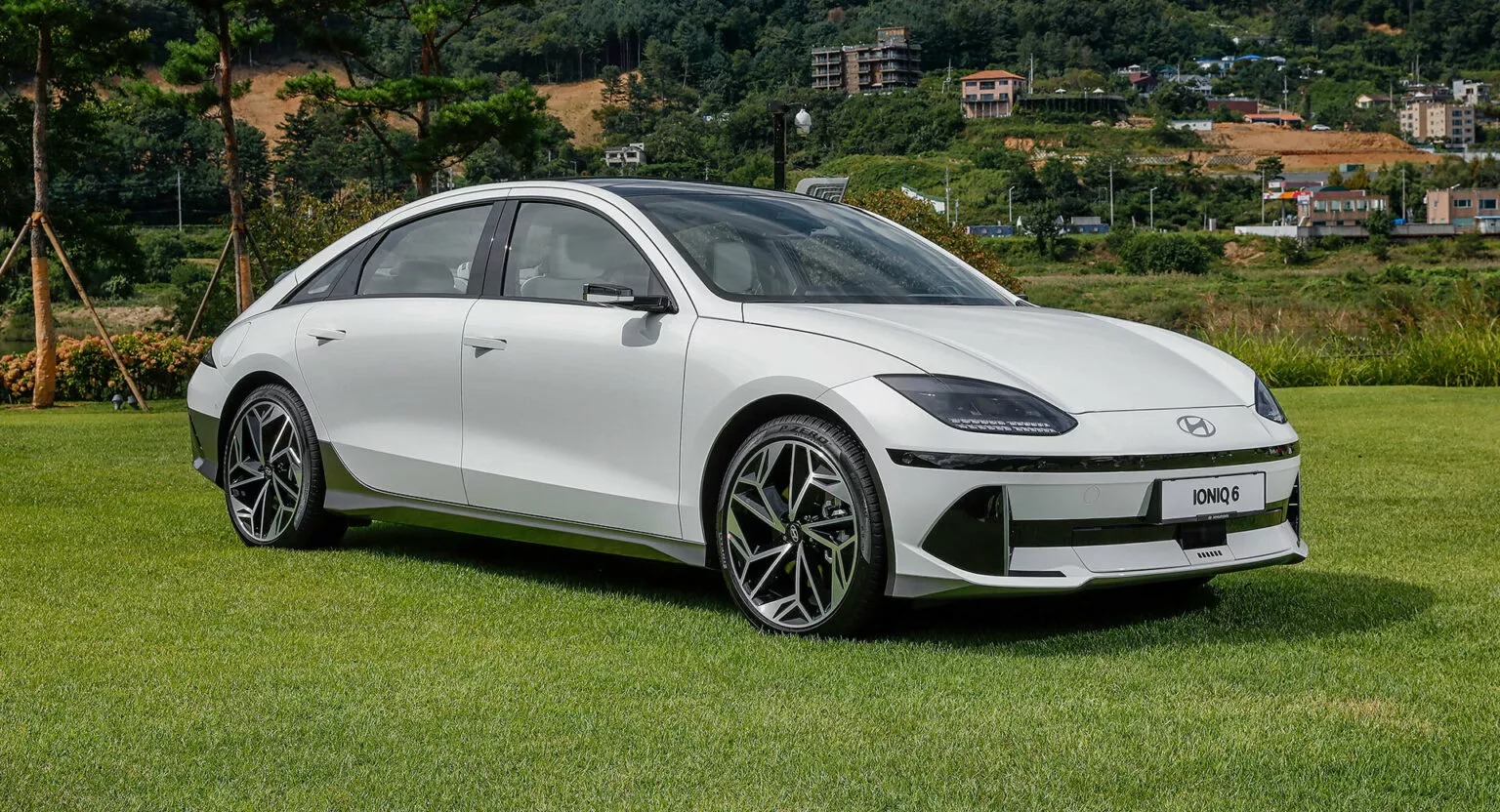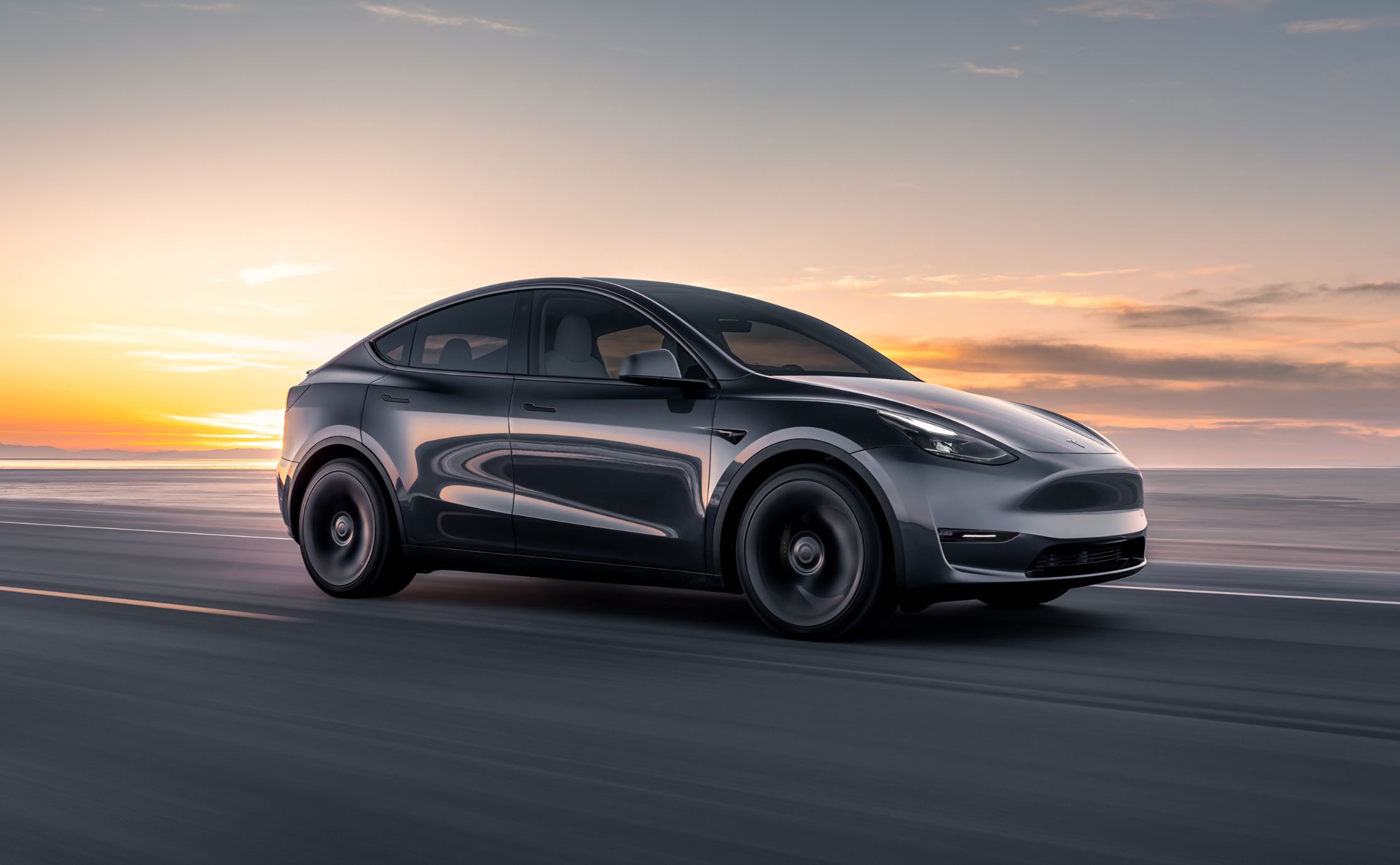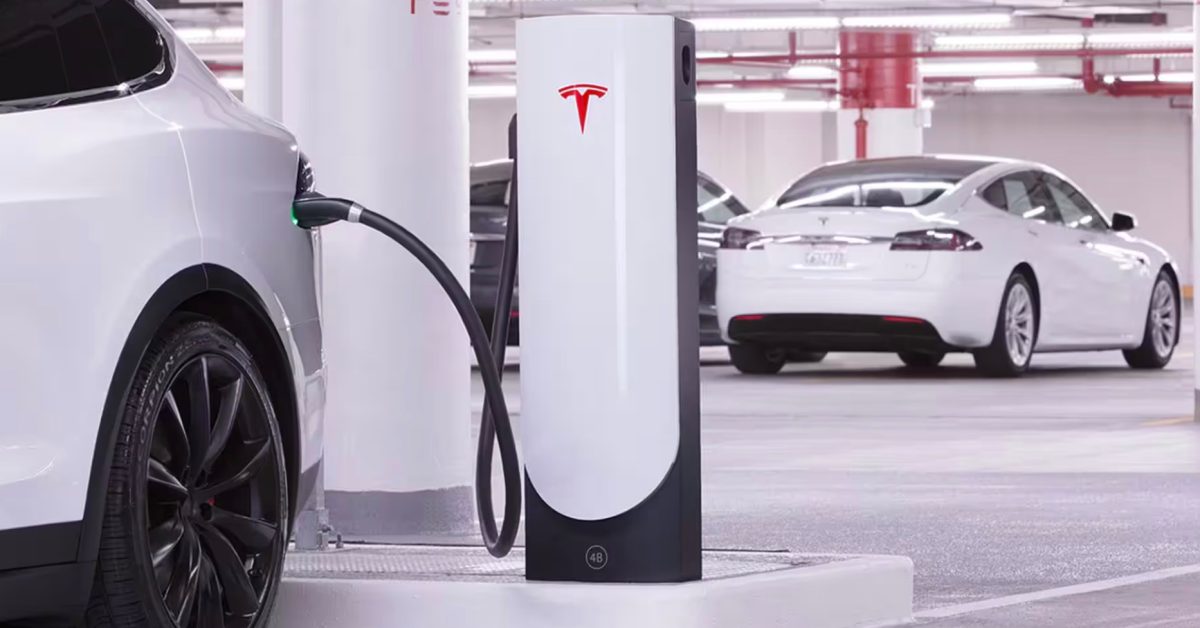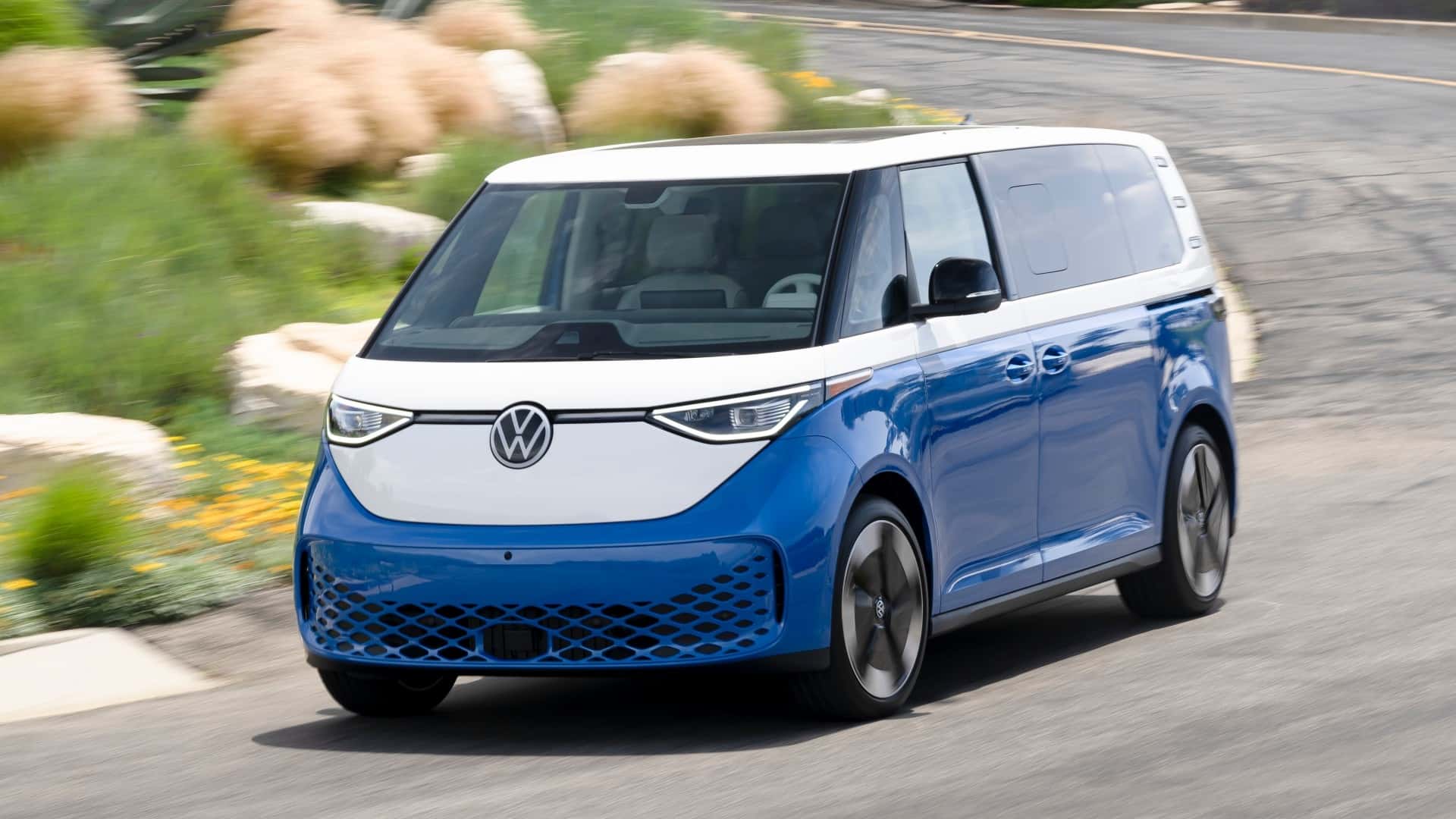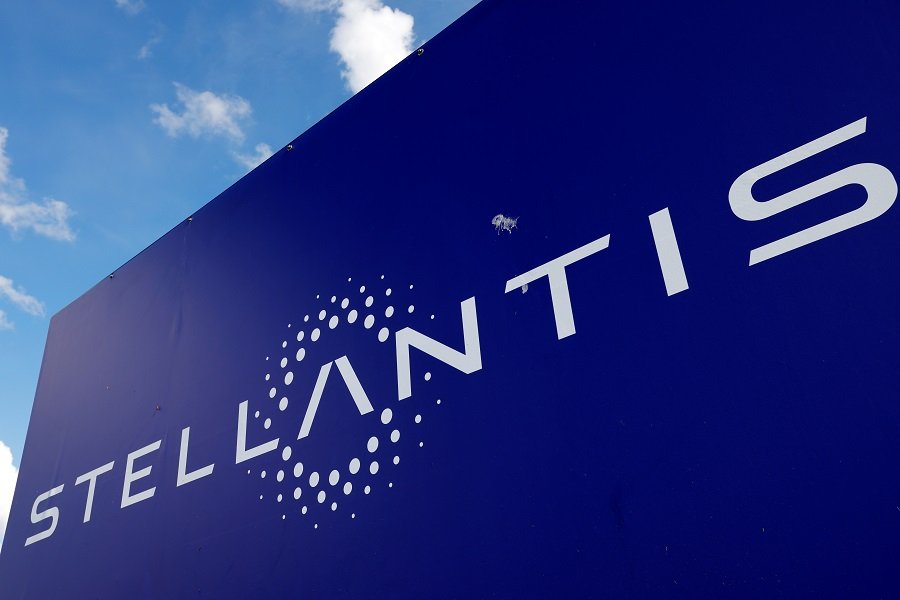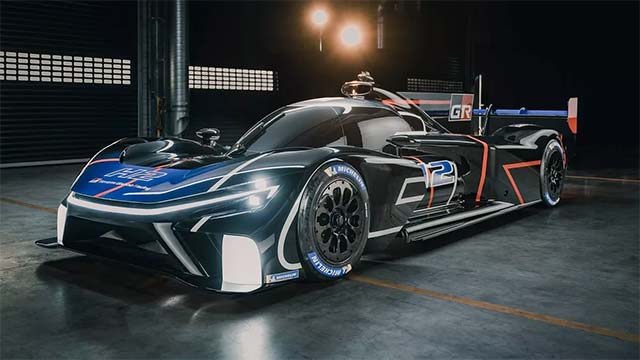Hyundai Motor Group, in a strategic move towards solidifying its position in the electric vehicle (EV) market, has joined forces with South Korean tech giants Samsung, SK, and LG, forming a formidable EV alliance. This alliance aims to boost sales in the region and establish Hyundai Motor Group, including its subsidiary brands Kia and Genesis, as one of the top three global EV producers by 2030.
Following its successful market introduction, Hyundai Motor Group has already unveiled ambitious plans to revolutionize its brands in the electric era. The automaker’s commitment to innovation has proven fruitful, with its first dedicated EV, the IONIQ 5, receiving widespread acclaim. This electric SUV boasts an impressive range of up to 310 miles, along with advanced features such as 800 V fast charging and vehicle-to-load (V2L) capabilities. Notably, the IONIQ 5 has attracted a new premium customer base, indicative of the brand’s ability to capture market share and broaden its appeal.
Kia, a subsidiary of Hyundai Motor Group, is following a similar path by launching its first dedicated electric model, the EV6, and has plans to further expand its electric lineup with the flagship EV9 electric SUV. Simultaneously, Genesis, the luxury brand under Hyundai’s umbrella, is steadily increasing its presence in the EV market. Recently, Genesis unveiled cutting-edge features for its GV60 electric SUV, including facial recognition technology for keyless entry.
The recent collaboration between Hyundai and the South Korean tech giants signifies the automotive manufacturer’s commitment to preparing for the future of the auto industry, particularly in the realms of electric and autonomous vehicles. The EV alliance aims to leverage the expertise and resources of each partner. Notably, Samsung’s autonomous-driving semiconductors, SK’s batteries, and LG’s organic light-emitting diode (OLED) instrument panels will find their way into Hyundai and Kia electric models, showcasing the synergistic potential of this collaboration.
Industry insiders believe that these partnerships will yield substantial benefits for the domestic industry and significantly influence its development. The collective efforts of these domestic companies, with their respective strengths and market leadership, are expected to create synergies that propel the growth of the EV sector.
Each member of the alliance has made substantial investments to enhance their competitiveness in the rapidly evolving auto industry. LG, with its various affiliates including LG Display, LG Innotek, LG Magna, and LG Electronics, competes for top positions globally in major components business segments. Additionally, LG Energy Solution, SK On, and Samsung SDI are globally recognized market leaders in the EV battery sector. Furthermore, Samsung Electronics’ supply of semiconductors to prestigious automakers like Audi and Volkswagen further strengthens the alliance’s collective capabilities.
With the race to introduce electric vehicles intensifying, the Hyundai-led alliance is poised to become a dominant force. The collaboration between Hyundai Motor Group and the South Korean tech giants represents a harmonious partnership, leveraging their respective successes to complement one another. As they strive towards a shared goal, this alliance is well-positioned to shape the future of the EV market and solidify South Korea’s position as a global leader in the automotive industry.

